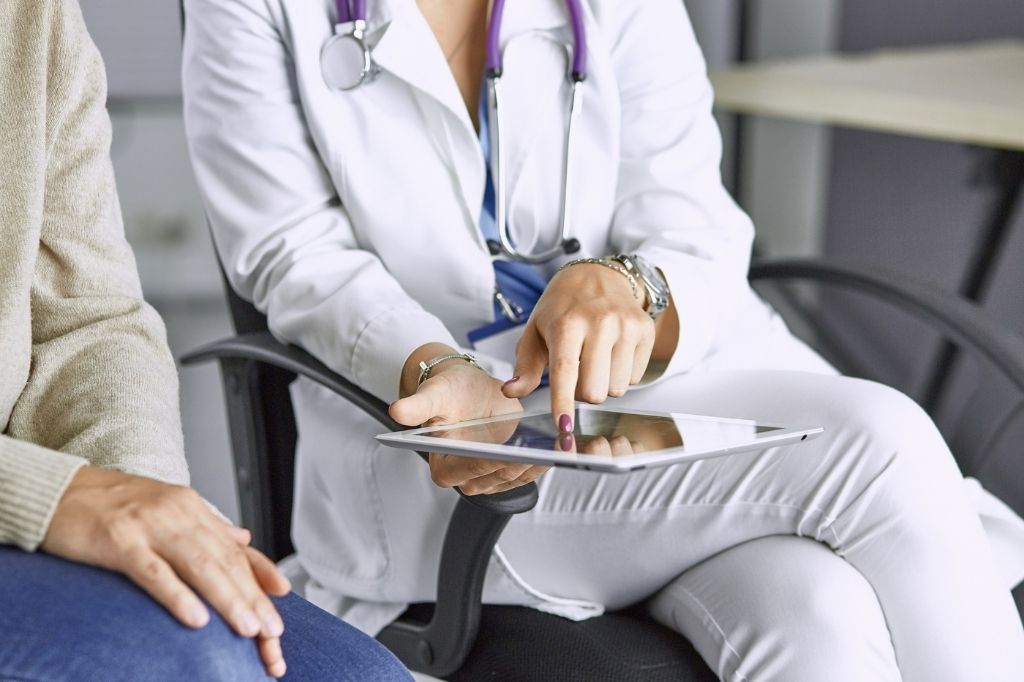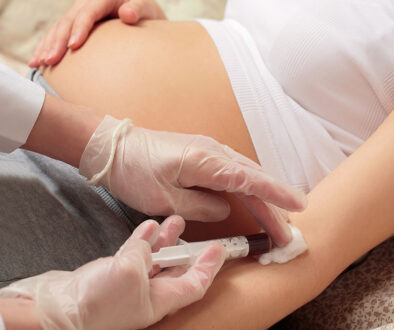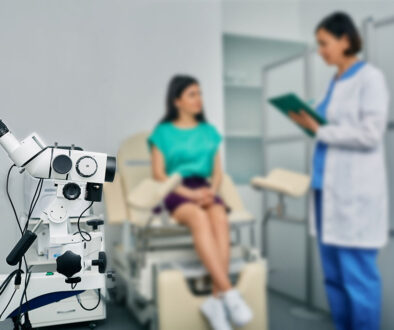What Is a Colposcopy and What Does It Test For?
If you’ve had an abnormal Pap smear, you may need to have a colposcopy, a procedure that allows us to more closely examine your vagina and cervix for any signs of cancer or other diseases. We’ll take an in-depth look at this procedure, what to expect, how to prepare and answer the question of what is a colposcopy and what does it test for?
What Is a Colposcopy?
This in-office procedure where we use a device called a colposcope to view your vagina and cervix. The colposcope provides magnification, enabling us to discover any problems and evaluate you for any diseases. Sometimes, we may take a biopsy—tissue samples that will undergo further laboratory testing.
What Does a Colposcopy Test For?
Technically, a colposcopy is not a test, but a procedure that allows us to evaluate and diagnose disease such as
- Cervicitis (an inflamed cervix)
- Precancerous changes in the tissues of the:
- Cervix
- Vagina
- Vulva
- Genital warts
What Happens During a Colposcopy?
During a colposcopy, we’ll use a speculum to open your vagina, much like we do for a regular Pap smear. The colposcope is then placed near your vulva, where we use a bright light and the colposcope’s magnifying lens to closely view the area.
Sometimes we’ll apply a solution, typically of vinegar, to help pinpoint any abnormal or precancerous cells. While this shouldn’t hurt, some women report a slight burning or tingling sensation.
The entire procedure takes less than 15 minutes.
How Painful is a Colposcopy?
While a colposcopy is somewhat uncomfortable, it should not be painful. As we mentioned earlier, some women report a stinging sensation when the vinegar solution is applied, and if we need to take a sample for a biopsy, there may be some discomfort.
We understand that you may be anxious about your colposcopy, but anxiety can often make the exam more uncomfortable than it needs to be. That’s why we want to know if you’re worried about the procedure. By talking to us, we can help you learn more about what to expect, address any of your concerns, and even give you tips on how to relax.
How Do You Prepare for a Colposcopy?
Preparing for a colposcopy is simple and straightforward. We’ll provide more detailed instructions when we meet with you, but in general:
- You should not be on your period when you have a colposcopy
- You should avoid vaginal intercourse for a few days before the procedure
- Don’t use vaginal medications for a few days before your colposcopy
- Consider taking an over-the-counter pain reliever before your procedure
What Happens if a Colposcopy Is Abnormal?
If we see any abnormal cells during the colposcopy, we’ll take samples so we can perform a biopsy on them. These samples will be evaluated by a lab to determine if there are cancerous or precancerous cells present.
If indicated, we can remove abnormal cells from your cervix in a process called a LEEP procedure. LEEP stands for Loop Electrosurgical Excision Procedure, and this in-office procedure only takes a few minutes.
The course of your treatment will be determined by the results of your biopsy, the extent of the abnormal cells and your overall medical history. We will work closely with you to create a plan tailored to fit you and your health care needs.
How Long Does It Take to Recover From a Colposcopy?
If you did not have to have a biopsy, you should be able to easily resume your normal activities after the procedure is over, although you may have some cramping or light spotting.
If we perform a biopsy, it may take a day or two to recover. You should avoid vaginal intercourse, tampons and douching for several days afterward—we’ll provide specific instructions as they relate to your individual situation and plan of treatment.
In addition, if you’ve had a biopsy, you may also experience:
- Light bleeding
- Dark vaginal discharge
- Vaginal or vulvar pain (this should last only one or two days)
Associates in Women’s Healthcare Offers a Wide Array of In-Office Procedures
Colposcopies aren’t the only in-office procedures we offer. From the comfort and convenience of our practice, you can receive the following treatments:
- IUD insertion and removal
- LEEP
- Hysteroscopy
- Endometrial ablation
- 3D mammography
- 3D/4D ultrasounds
It’s just another way that we combine compassionate, state-of-the-art care with convenience to help you live the healthiest life possible.
We’re not just concerned with your gynecological health; we want to have a good picture of your overall health so we can assist you in preventing diseases before they become serious concerns.
As an all-female OBGYN practice in Raleigh, all our physicians have received board-certification from the American College of Obstetricians and Gynecologists in addition to completing additional, extensive and specialized OBGYN training.
Whether you’re looking for a medical home, you have concerns about your gynecological health or you want to get pregnant, we welcome the opportunity to serve you. Scheduling an appointment is simple, just contact us to get started.





